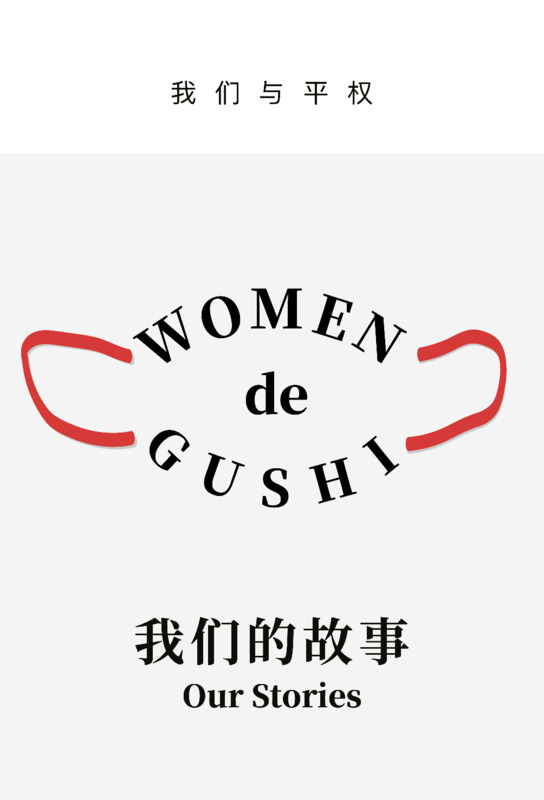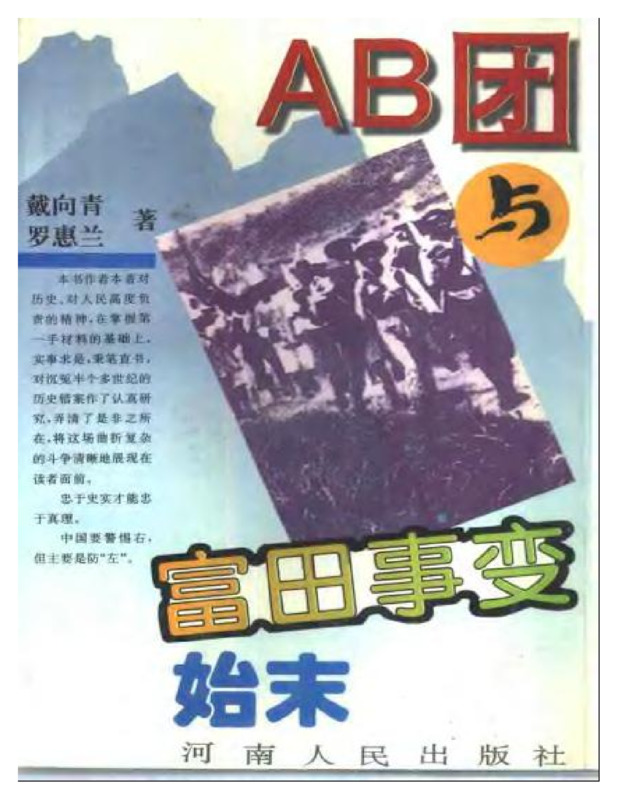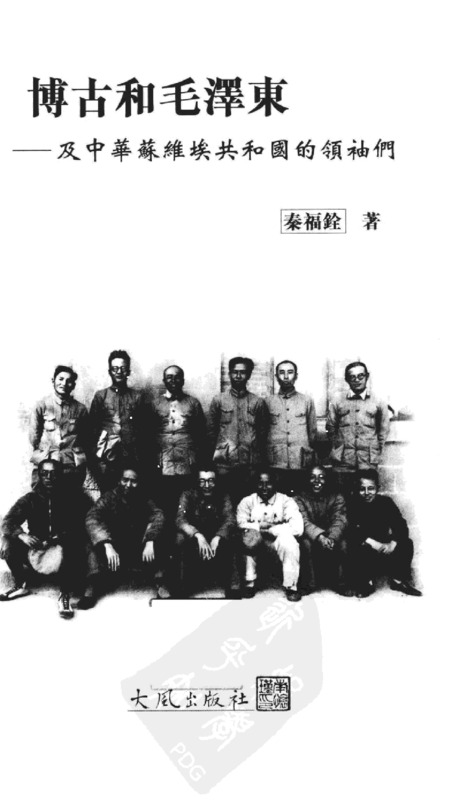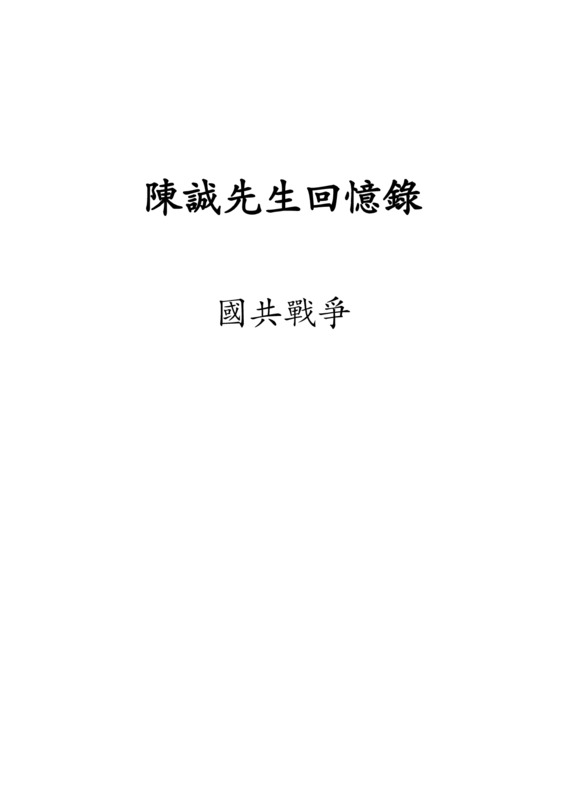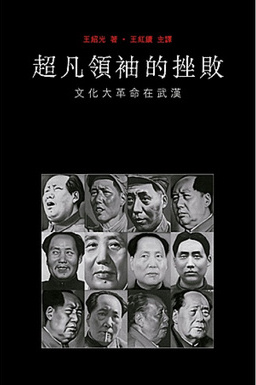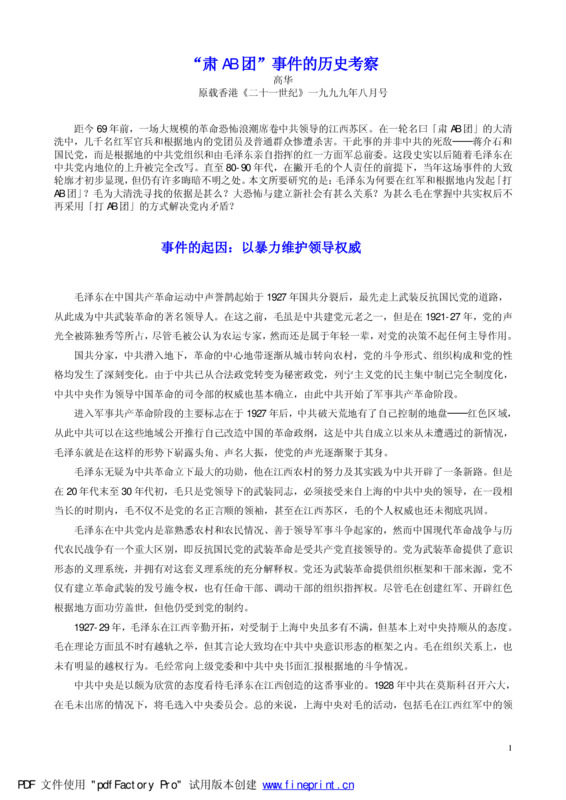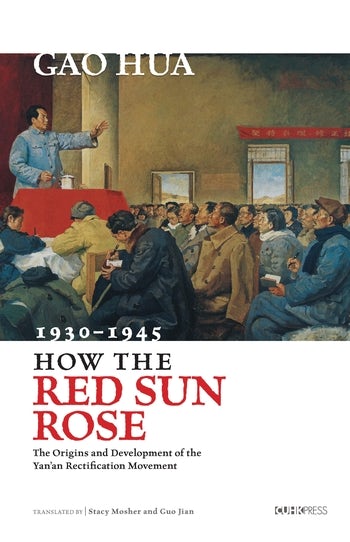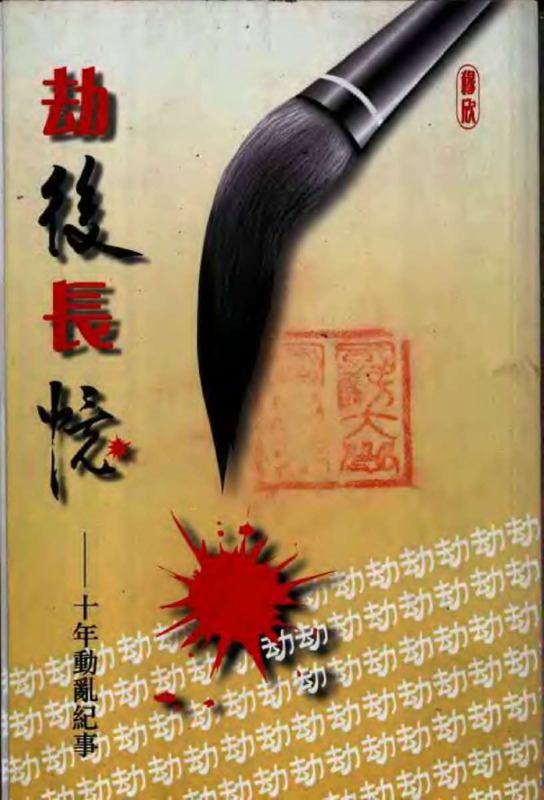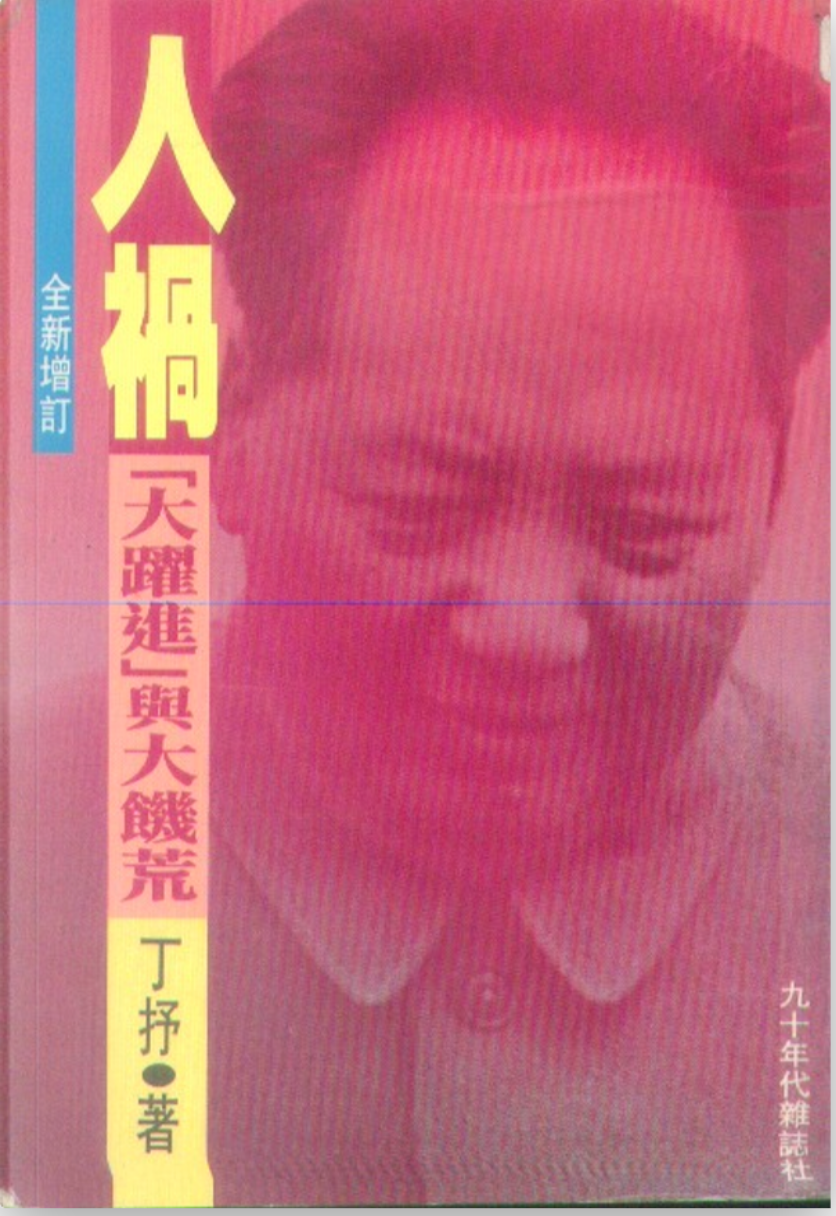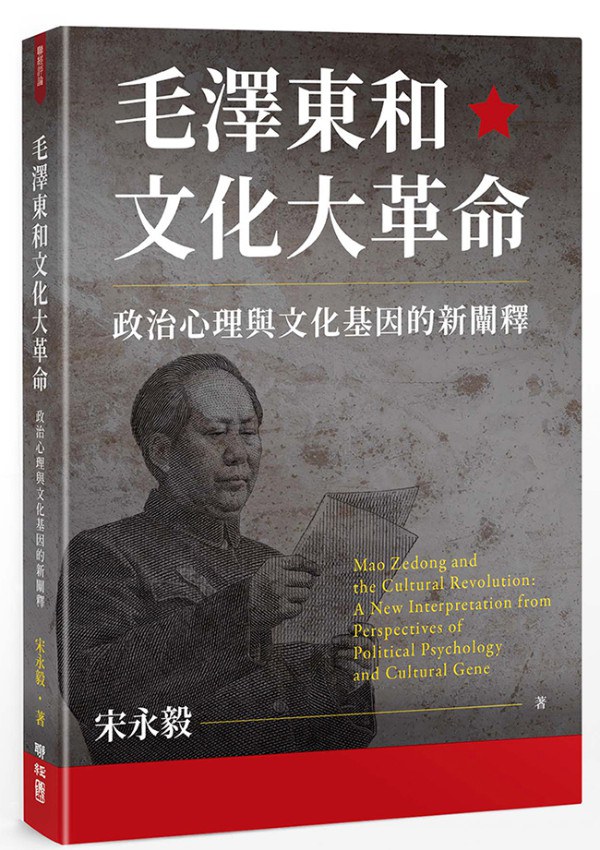Explore the collection
Showing 53 items in the collection
53 items
Book
Our Stories: Women in COVID-19 in China
This is the fourth issue of the “Our Stories” series published by WeChat public account “We and Equality,”, a compilation of 20 oral narratives from Chinese people who lived through the COVID-19 pandemic firsthand, and a personal reflection by the author of this issue, Qiao Yilin. The editors hope to “document the history of ordinary people, to combat the forgetting that should never have happened, and to present the real experiences, feelings, and voices of all of us–to help us remember what has happened to us.”
The interviewees in this volume are diverse, including those of different ages, educational background, ethnicities, physical and mental status, sexual orientations,marital status, and mobility. They shared their own memories of the pandemic, including facing threats to their survival due to food shortage, not being able to take anti-depression medication due to the lockdown, international students having a hard time returning to China, people with hearing impairments facing various inconveniences, and the discrimination faced by those who had recovered from COVID-19Although primarily focusing on experiences and feelings during the pandemic, many interviewees shared additional personal stories that provided useful background information for readers to understand their situation during the pandemic.
In addition to these personal narratives, “We and Equality” also published a 44-question “Women's Mental Health Questionnaire” on WeChat, asking about respondents’ experience during the pandemic, including their sense of belonging, care/housework commitments, sleep quality, emotional and mental status, feeling about quarantine, lockdown, illness or death of loved ones, and attitudes towards the government’s COVID-19 policies. The questionnaire received a total of 453 valid responses. Based on the responses, “We and Equality” has compiled a bilingual data analysis report.
”We and Equality" is a grass root project started in November 2016. Through the WeChat public account, they publish articles weekly to raise awareness and share knowledge on gender-related issues in China. They also organize in-person activities bi-weekly where people gather for in-depth discussion, and foster a community to promote gender equality.
Book
AB Corps and the Futian Incident
In 1930, a mutiny erupted in the Red Army in the town of Futian. In the ensuring purge, more than 700 officers were executed. After this, the campaign to root out Anti-Bolshevik (AB) groups spread to various parts of China, with 70,000 executed. Occurring just nine years after the founding of the CCP, it is one of the earliest and most significant purges in the party's early history.
The first person to pay attention to the Futian Incident was Professor Dai Xiangqing of the Jiangxi Provincial Party School. Starting in late 1979, he and other colleagues went to southern Jiangxi to collect materials, conduct interviews and investigate, and found that this was an unjust and wrong case, and began to publish articles on the matter.
In the early 1980s, Dai Xiangqing sent his article to a senior general in the PLA, Xiao Ke. After that, the research on the Futian Incident attracted the attention of senior central officials. The CCP's party history research agency sent people to Hunan and Jiangxi to investigate and collect materials. The Organization Department of the Central Committee of the Communist Party of China sent a review team for the Futian Incident and reported the vindication documents to the central government, but even today there is currently no official conclusion on the matter.
This book is an important study of the early history of the Communist Party of China, often mentioned by prominent independent historians, such as Yang Kuisong. As an officially recognized research project, this book does not make ideological breakthroughs, but its detailed historical materials, and its data index make it particularly valuable for understanding this historical event.
This book was published by Henan People's Publishing House in 1994.
Book
At the Crossroads of History
This book is Gao Hua's next masterpiece after *How the Red Sun Rose*. It entails a selection of papers published by the author between 1988 and 2004, covering the fields of Republican history, Communist Party history, and contemporary Chinese history. It captures the historical interaction between the present and the past. Gao reflects deeply on the far-reaching Chinese Communist Revolution. With a rigorous and empirical research methodology, he sketches a complex and colorful picture of history, presenting the multiple facets of twentieth-century China's history.
Book
Bo Gu and Mao Zedong - and the Leaders of the Chinese Soviet Republic
Bo Gu (博古), real name Qin Bangxian (秦邦憲), was the top leader of the Chinese Communist Party (CCP) from 1931-1935, leaving his post as General Secretary of the CCP after the Zunyi Conference. The author of this book, who is Bo Gu's nephew, describes some important historical points in the early days of the Communist Party, the various activities among the top leaders of the CCP, such as Mao Zedong, and their relationships through the narratives and circumstantial testimonies of a number of knowledgeable people.
Book
Chen Cheng's Memoirs—The War between the Nationalists and Communists
Mr. Chen Cheng (courtesy name Cixiu; alias Shisou) served as the commander of the KMT army, commander-in-chief of the group army, commander-in-chief of the theater of operations, and chief of the general staff of the KMT. After the defeat of the Kuomintang army in Taiwan, Chen Cheng served the Administrative Yuan as Vice President of the Kuomintang. The volumes associated with *Chen Cheng's Memoirs* were published by Taiwan's National Museum of History in 2005. The series is divided into six volumes: *The Northern Expedition and the Chaos* (one volume), *The War between the Nationalists and Communists* (one volume), *The War of Resistance Against Japanese Aggression* (two volumes), and ***The Construction of Taiwan*** (two volumes). The first volume, *The War between the Nationalists and Communists* includes three parts: *Suppressing the Communists - Memories of the Military*, *Summary of Mr. Chen's Words and Actions*, and *Correspondence and Telegrams*. The book has original historical materials related to the five sieges and the counter-insurgency. In particular, this is the first time that important historical materials regarding the correspondence between Chiang Chung-cheng (courtesy name of Chiang Kai-shek) and Cixiu have been made public.
Book
China's "Left Scourge"
The author of this book, Lu Jianhua (pen name Wen Lu), was a former member of the Chinese Academy of Social Sciences who published this book in 1993. He was sentenced to 20 years in prison in 2005 for "allegedly leaking state secrets" in connection with the "espionage case" involving journalist Cheng Xiang.
Book
Defeat of an Extraordinary Leader: The Cultural Revolution in Wuhan, The
This book covers the history of the Cultural Revolution in Wuhan and related analysis. Wang Shaoguang completed his doctoral dissertation of the same name (in English) in 1989, and the Chinese version of his abridged dissertation, *Rationality and Madness: The Masses in the Cultural Revolution,* was published by Oxford University Press in 1993. a Chinese version was published by The Chinese University of Hong Kong Press in 2009. Taking the Cultural Revolution in Wuhan as the main axis, the author interviewed dozens of participants in the Cultural Revolution, utilizing a large amount of original materials published during the Cultural Revolution. Combining all of this with his own personal experience, he profoundly reveals the masses' participation in the Cultural Revolution during winters, forms and laws, the mechanism of advancement and retreat, and its relationship to the general situation of the whole country.
Film and Video
Faraway Mountain
This movie captures the lives of miners in small coal mines in the Qilian Mountain area of Qinghai Province. At 3600 meters above sea level, the air here is thin. Miners in the small coal kilns labor hard in a working environment without any protection, and usually get silicosis after 5-10 years of work, thus losing their ability to work. If they die in an accident, their families receive only meager compensation. This is a true record of the survival of China's grassroots laborers in the early 1990s.
电影及视频
Fengming, A Chinese Memoir
Fengming, A Chinese Memoir is director Wang Bing's second feature-length documentary. The film primarily recounts the long and tragic experiences of an individual in China from the late 1940s to the 1990s, as narrated by the protagonist, He Fengming.
In 1949, with the founding of the People’s Republic of China, 17-year-old He Fengming enthusiastically dedicated herself to the socialist construction of the new nation. She and her husband worked as journalists at a provincial newspaper. In 1957, the Chinese Communist Party launched the Anti-Rightist Campaign. After her husband published three articles in the provincial newspaper, he was labeled a "rightist." She, too, was implicated by her husband and also branded a rightist. During several months of denunciation and struggle sessions, she endured such torment from others that she attempted suicide multiple times, but failed. One evening, returning home, her husband held her, and for the first time, his tears fell on her shoulder.
In April 1958, He Fengming and her husband were forcibly sent to two different labor reform farms in western China to undergo thought reform through labor. During her two and a half years at the farm, she experienced grueling physical labor, hunger, death, and psychological devastation. In 1960, she received a letter from her father informing her that her husband's life was in danger. She tried everything to find some food and, braving heavy snow, rushed to the farm where her husband was working. However, her husband had already starved to death.
For the next 20 years, He Fengming lived precariously, labeled as a rightist and raising her two young children, until her rehabilitation in 1979. In 1991, she returned to the labor reform farm where her husband had died, hoping to find his grave, but ultimately she did not succeed. In her later years, undeterred by external pressures, He Fengming used her pen and tears to document her painful life.
In 2007, the film won the Grand Prize in the International Competition section at the Yamagata International Documentary Film Festival in Yamagata City, Japan.
Book
Fifty Years of the Chinese Communist Party
The author Wang Ming was an early member of the Communist Party of China (CCP) and the first of the "28 and a half Bolsheviks," who lost power after the Yan'an Rectification and were gradually marginalized by Mao. After the Yan'an Rectification, the Internationalists, led by him, lost power in the party. He was gradually ostracized by Mao Zedong, who expatriated him to the Soviet Union in 1956. In his book, Wang Ming recounts his decades-long feud with Mao. It provides a fascinating insight into the early history of the CCP.
Article
Historical Examination of the Purge of the "AB" Regiment
More than 70 years ago, a massive wave of revolutionary terror swept through the CCP-led Jiangxi Soviet Union. Thousands of Red Army officers and soldiers, as well as members of the Party and the general public in the base area, were brutally murdered in a purge called the "Purging of the AB Troupe." Gao Hua's article examines why Mao Zedong initiated the "purge of the AB Group" in the Red Army and the base areas. What was Mao's rationale for the Great Purge? What is the relationship between the Great Terror and the establishment of a new society? Why did Mao stop using the "Fighting the AB Groups" as a means of resolving internal conflicts in the Party after he assumed real power in the CCP?
Book
History of the Rural People's Commune
The author of this book, Luo Pinghan, is a native of Anhua County, Hunan Province. He graduated from the Party History Department of Renmin University of China and served as director and professor of the Party History Teaching and Research Department of the Party School of the Central Committee of the Communist Party of China. This book was published by Fujian People's Publishing House in 2003.
The book is divided into nine chapters, narrating the history of the people's communes from the perspective of an orthodox view of historical development. The time nodes selected by the author include the rise, tide, adjustment, repetition, retreat, and disintegration of the Great Leap Forward. With Mao Zedong's affirmation, the system of people's communes was rapidly promoted across the country in 1958. At that time, the people's commune was both a production organization and a grassroots political power. Its rise and fanatical development are closely related to the subsequent Great Famine.
As a scholar within the system, the author’s view of history also belongs to the orthodox ideology. Although this book is narrated from the official ideology of the CCP, it uses rich and detailed historical materials to comprehensively and systematically introduce the history of the People's Communes, giving it a reference value for a comprehensive understanding of this movement.
Book
How the Red Sun Rose
Originally published in Hong Kong in Chinese in 2000, Gao Hua’s epic description of an early Communist Party campaign against dissent describes a pattern of thought reform and control that would hold true for decades to come. Written despite official harassment and Gao’s failing health, How the Red Sun Rose is a touchstone for China’s unofficial history movement. It was translated into English in 2019 and published by Columbia University Press. Purchase here: https://cup.columbia.edu/book/how-the-red-sun-rose/9789629968229.
Book
Life of Storms: The New Life of a Disabled Prisoner, A
On August 8, 1966, the Central Committee of the Communist Party of China adopted the "Sixteen Articles" of the Cultural Revolution. Soon after, Liu Wenhui, a young mechanic in Shanghai who had been labeled as a Rightist in 1957, wrote pamphlets and leaflets clearly opposing the Cultural Revolution, the "Sixteen Articles," authoritarianism, and tyranny. Liu was arrested on November 26 of that year. Four months later, he was executed for "counter-revolutionary crimes." Liu Wenhui became the first person known to have been publicly shot for opposing the Cultural Revolution. The author of this book, Liu Wenzhong, was Liu Wenhui's co-defendant and survived thirteen years in prison. In this autobiography, Liu Wenzhong describes in detail not only Liu Wenhui's ideology but also how he was killed by the tyrannical government.
Book
Long Memories after the Hijacking -- Chronicle of Ten Years of Turmoil
The author of this book, Mu Xin, was an early member of the CPC and served as chief editor of "Guangming Daily" in the 1950s. At the beginning of the Cultural Revolution, he was a member of the Central Committee's Cultural Revolutionary Group. In 1967, he was defeated and imprisoned in the Imperial Prison (Qincheng Prison). This book was published in Hong Kong in 1997. Because of the author's status, this book is helpful for understanding high-level circumstances during the pre-Cultural Revolution and early Cultural Revolution period.
Book
Lushan meeting factual record
This book is a historical record of the 1959 Lushan Conference written by Li Rui. Based on the author's personal experience and the literature of the relevant departments of the Communist Party of China, the author has recorded the important points and events before and after the meeting. The first edition of this book was published in April 1989 by the Spring and Autumn Publishing House and Hunan Education Publishing House in mainland China; the updated edition was published in June 1994 by Henan People's Publishing House.
Book
Man-Made Disasters: The Great Leap Forward and the Great Famine.
The author of this book, Ding Shu, is a Chinese scholar living in the United States. Published in 1991 by the Hong Kong-based "Nineties Magazine", this book is the first monograph on the Great Famine in China. It has been described by some scholars as the cornerstone of the study of the Great Famine in China. The book was later updated and reprinted. The book starts from the cooperative movement and moves on to the Great Leap Forward, the Great Iron and Steel Refining, the People's Commune, the Satellite Release and the Great Communist Wind; then, it turns to the Lushan Conference against right-leaning as well as the 7,000 People's Congress in 1962. The author collected almost all the information that could be collected at that time and summarized it to describe the situation of this great famine and its causes and consequences. The content of this book is from the website of the Chinese blog "Bianchengsuixiang" (编程随想).
Book
Mao in Power (1949-1976)
The author of this book, Shan Shaojie, is a scholar from mainland China. For several years, he wrote this book from an independent position. Former political secretary of Mao Zedong, Li Rui, and Princeton University professor, Yu Yingshi, wrote the foreword for this book. In addition to a systematic account of the Maoist era, Shan Shaojie's book "Mao in Power" emphasizes that almost all members of the Communist Party's highest decision-making echelons, with the exception of Mao Zedong, made efforts, in varying degrees and successively, to stop Mao's insanity. Moreover, they took turns to resist and ultimately to leave Mao alone, but did not really stop Mao's madness. This book was published by Linking Publishing in 2001 and has been reprinted several times.
Book
Mao Zedong and the Cultural Revolution: an interpretation of political psychology and cultural genes
This book systematically explores the mental world of Mao Zedong, and his followers (including Lin Biao, Jiang Qing, Zhou Enlai, Kang Sheng, and Zhang Chunqiao). According to the author, it involves lust, political fantasies, and other pathologies. The book analyzes how these subconscious thoughts underlay the history of the Cultural Revolution.
